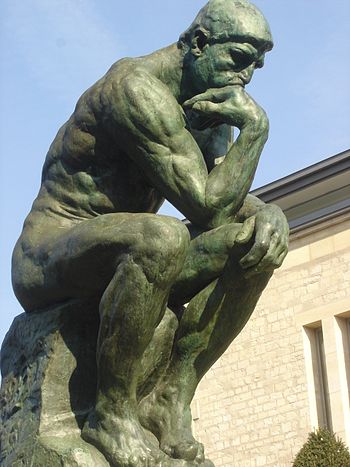Today was mostly spent in Colchester at the Army Day organised by none other than the British Army (with a little help from our friend Howard Giles in Eventplan).
Apart
from a late start here (because Alexander was a bit restless during the
night and didn’t properly get to sleep until after 01:00 and then we
all slept a bit longer) and the hour spent going through the middle of
Colchester to get into the event it wasn’t a bad day.
What was
very good was catching up with a number of people and just hanging
about in the shade under the trees. We didn’t make it for the battle at
noon because of the traffic, so all we had was the drill display in the
mid afternoon and the finale where the massed bands (Army Air Corps,
Parachute Regt, Essex Yeomanry and the Essex Caledonian Pipe Band) all
played the 1812 Overture accompanied by mass gunfire at the appropriate
bits.
One thing that I did do when talking to Charles Kightly was to promise to advertise the C17 Civvies
discussion list a bit more so that anyone can join it and not just the
closed group we have now (although the intent was always that it was
for anyone with an interest in civilian living history of the mid
seventeenth century to join. Anyway I’ve done a web page as a start
point and will do some more promotion when I get an opportunity.




